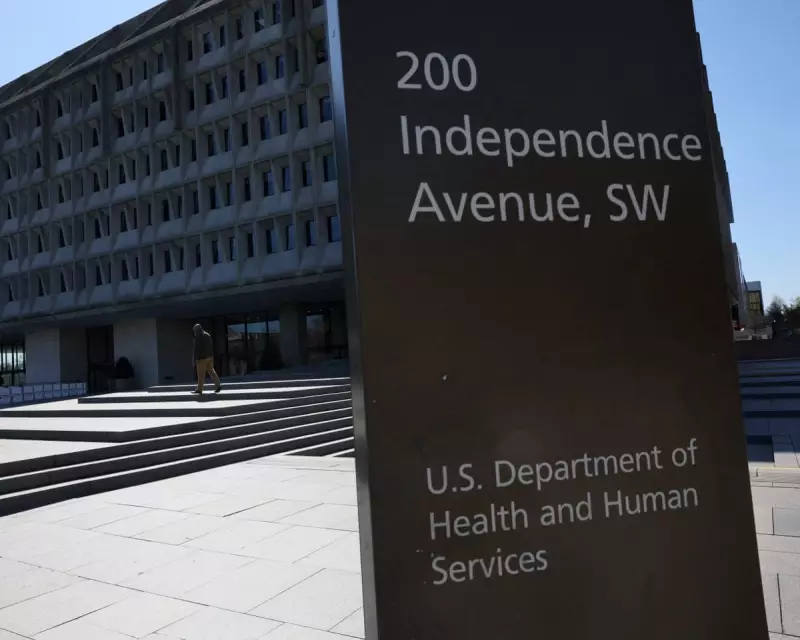
In a move that has sent shockwaves through the American labour movement, the Trump administration has unveiled a sweeping executive order that critics argue represents the most significant assault on workers' collective bargaining rights in decades.
The controversial directive, signed this week, empowers federal agencies to aggressively review and potentially dismantle longstanding regulations that protect union organising and collective negotiations across numerous sectors.
What the order actually does
The executive order establishes a "Task Force on Union Accountability" with broad authority to identify and eliminate regulations deemed "burdensome" to employers. This task force, comprised largely of business leaders and conservative economists, will have the power to fast-track the repeal of worker protections.
Key areas targeted include:
- Streamlining processes for decertifying unions
- Limiting the scope of mandatory bargaining topics
- Reducing penalties for employers found violating labour laws
- Making it easier to classify workers as independent contractors
Immediate backlash from labour organisations
Union leaders have reacted with fury, labelling the move a "blatant gift to corporate donors" and "an all-out assault on the working class." The AFL-CIO, America's largest federation of unions, has promised immediate legal challenges.
"This isn't about streamlining regulations—it's about silencing workers and tilting the playing field permanently in favour of billionaires," said AFL-CIO President Richard Trumka in an impassioned statement.
The administration's defence
White House officials defend the order as necessary to "unleash economic growth" and "remove bureaucratic obstacles" that they claim stifle job creation. They argue that current regulations give unions too much power and make American businesses less competitive globally.
"For too long, hardworking business owners have been held hostage by outdated rules that serve union bosses rather than employees," said a senior administration official speaking on condition of anonymity.
Potential impact on UK businesses
While directly targeting American labour laws, the move could have ripple effects for UK companies with operations in the US. British firms may find themselves navigating a dramatically different labour landscape, with reduced union power potentially lowering operational costs but increasing reputational risks.
International labour experts warn that the Trump administration's actions could inspire similar anti-union movements in other countries, creating a "race to the bottom" for worker protections globally.
The stage is now set for a protracted legal and political battle that could ultimately determine the future of organised labour in America for generations to come.





